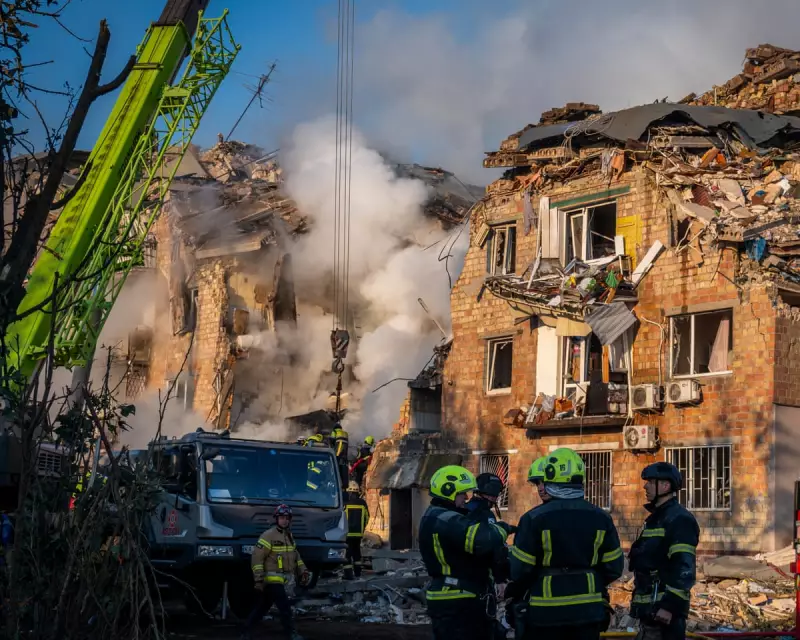
Vladimir Putin has launched a deliberate and dangerous test of Western resolve, escalating Russia's brutal assault on Ukraine in what appears to be a strategic calculation about the changing political landscape in Washington and European capitals.
The timing is no coincidence. With Donald Trump's potential return to the White House, the Kremlin appears to be probing for weaknesses in the Western alliance. Putin's intensified offensive represents nothing less than a direct challenge to transatlantic unity and America's commitment to its allies.
Europe's Critical Moment of Truth
European leaders now face their most severe test since the Cold War. The continent's security architecture, painstakingly built over decades, stands at a precipice. How European nations respond to Putin's aggression will define their geopolitical relevance for generations.
The stakes could hardly be higher. A Ukrainian defeat would embolden authoritarian regimes worldwide, signal the impotence of international law, and potentially invite further Russian aggression against NATO members. The very principles of sovereignty and territorial integrity that have maintained relative peace in Europe since 1945 hang in the balance.
The Trump Factor in Kremlin Calculations
Putin's escalation suggests he believes Trump's possible return could fracture Western support for Ukraine. The former president's previous admiration for Putin and skepticism toward NATO have clearly influenced Moscow's strategic thinking.
This creates a perilous situation where Russia might escalate further in anticipation of more favorable conditions next year. The danger is that Putin could miscalculate, triggering responses that spiral beyond anyone's control.
The Urgent Need for European Strategic Autonomy
The current crisis underscores Europe's dangerous dependency on American leadership for its security. Regardless of November's election outcome, European nations must accelerate efforts toward meaningful strategic autonomy.
This isn't about abandoning the transatlantic alliance but about ensuring Europe can defend its interests and values regardless of who occupies the Oval Office. The alternative—wavering commitment and fragmented responses—plays directly into Putin's hands.
The world watches as Putin tests Western will. How America and Europe respond will shape the international order for decades to come. The time for decisive action is now—before Putin's gamble pays catastrophic dividends.





